Eco warrior: the term conjures up images of Extinction Rebellion activists protesting or maybe Swampy single-handedly obstructing a major infrastructure project. Our warriors are less troublesome, and most have either galvanised steel or aluminium bodies for a long life, while all but one or two are modern classics likely to be cherished for years to come.
Vauxhall Corsa, 2000-2006
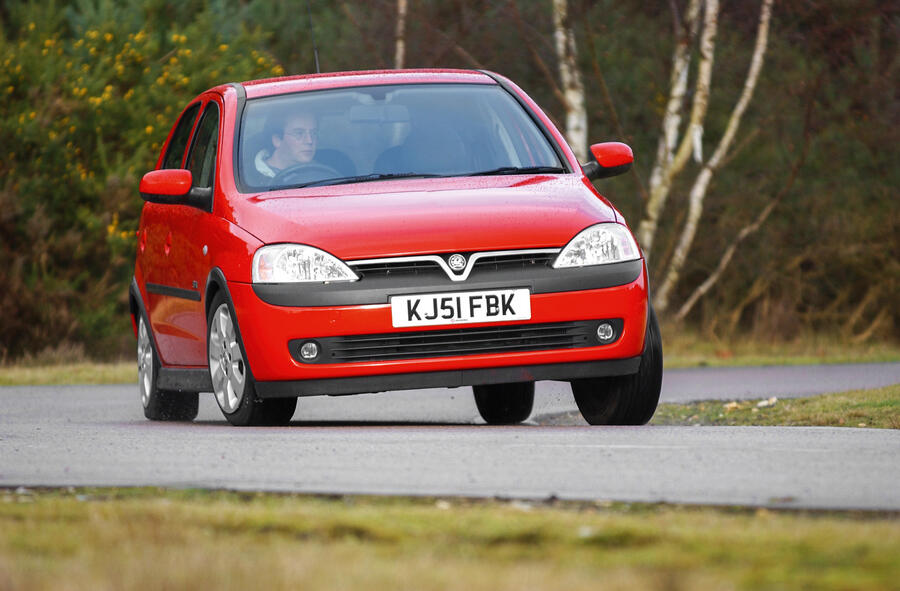
£500-£3500: We’re used to 1.0-litre three-pot petrol engines today, but it was a surprise when Vauxhall sprang one in the Corsa in 2000. Would it be gutless? Oh, yes: how about 57bhp and 0-62mph in 16sec? Still, if you weren’t in a hurry, there was 50mpg to savour. (Peppier, less frugal engines are also available.) And it’s a Corsa, so it’s cheap to buy and to run. They’re reasonably rust-resistant but the engine is a little lumpy and there can be issues with its emissions controls.
One we found: 2003 Vauxhall Corsa 1.0, 122k miles, £499
Citroen AX, 1986-1998
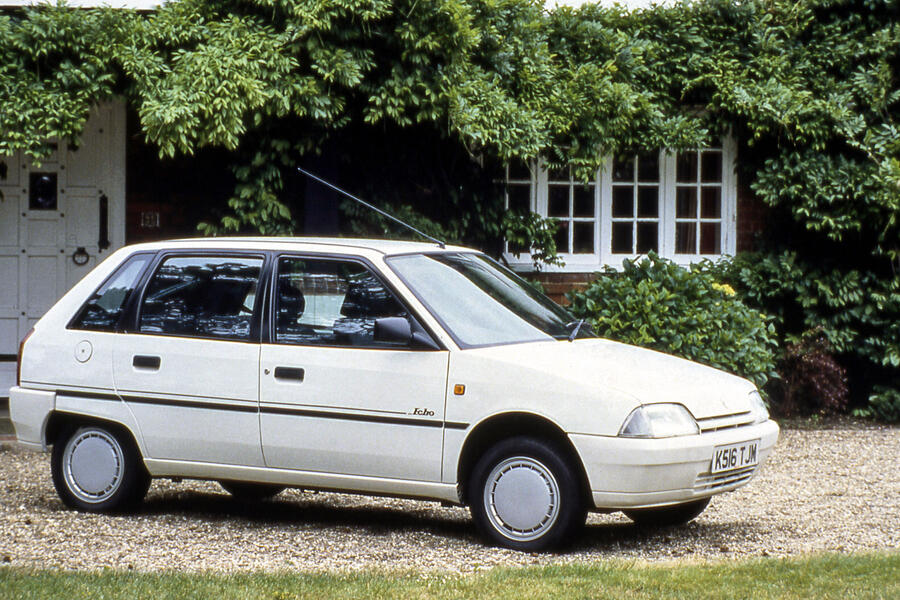
£500-£2000: My dad bought a new AX 1.4 diesel in around 1991, charmed by its quirky French engineering and seduced by its real-world 70mpg. But even the petrol versions are frugal. Our spot is a 45bhp 1.0 petrol for £900. Weighing less than 700kg, it will return at least 50mpg. Look for rust, of course, as well as sundry dents and dings and broken trim. Expect to see a little oil smoke and some drips, but at least these can be fixed. What can’t is your feet: too big and they’ll get jammed in the tiny pedal box.
One we found: 1994 Citroen AX 1.0 manual 5dr, 89k miles, £900
Audi A2, 2000-2005

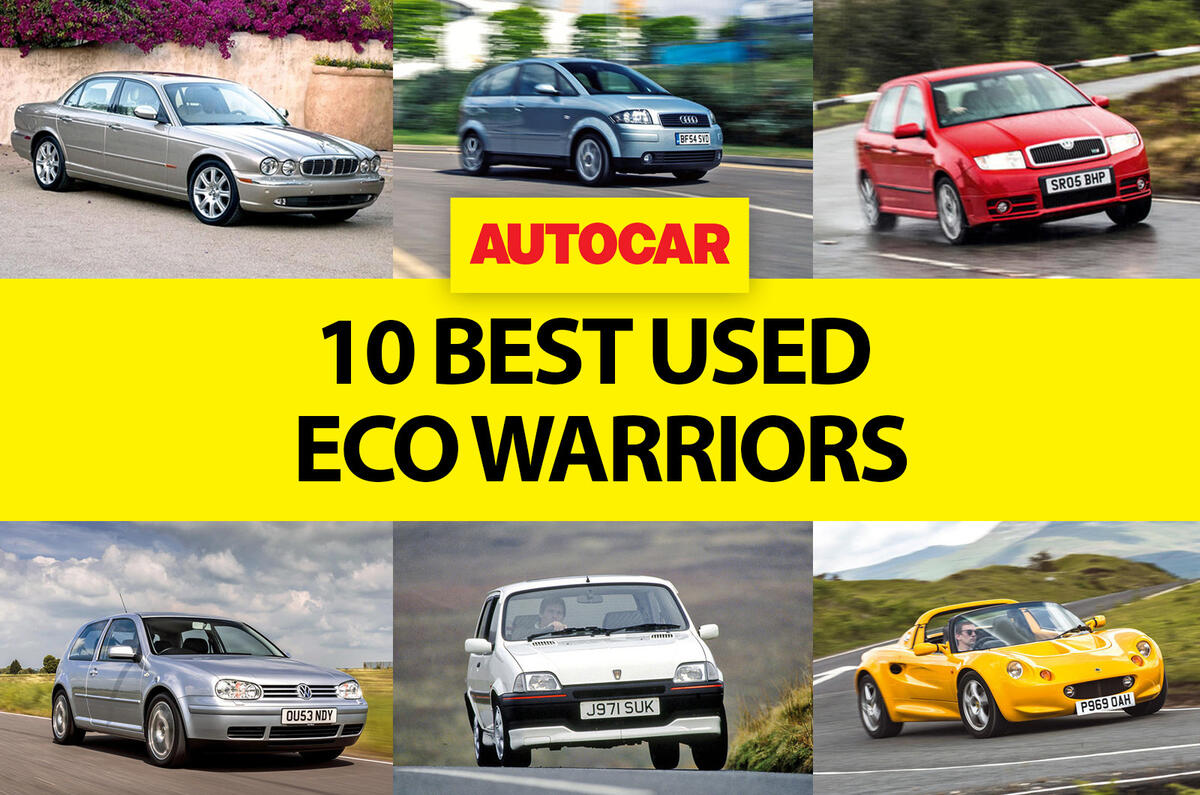
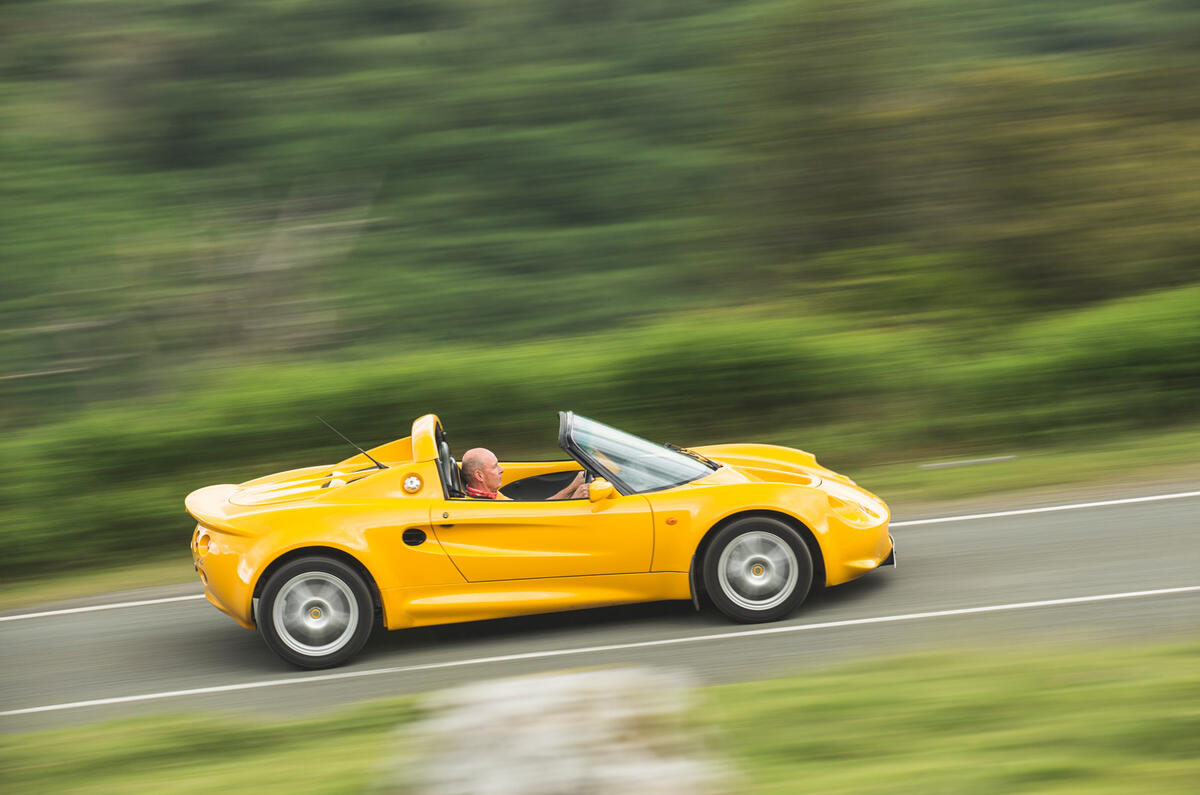
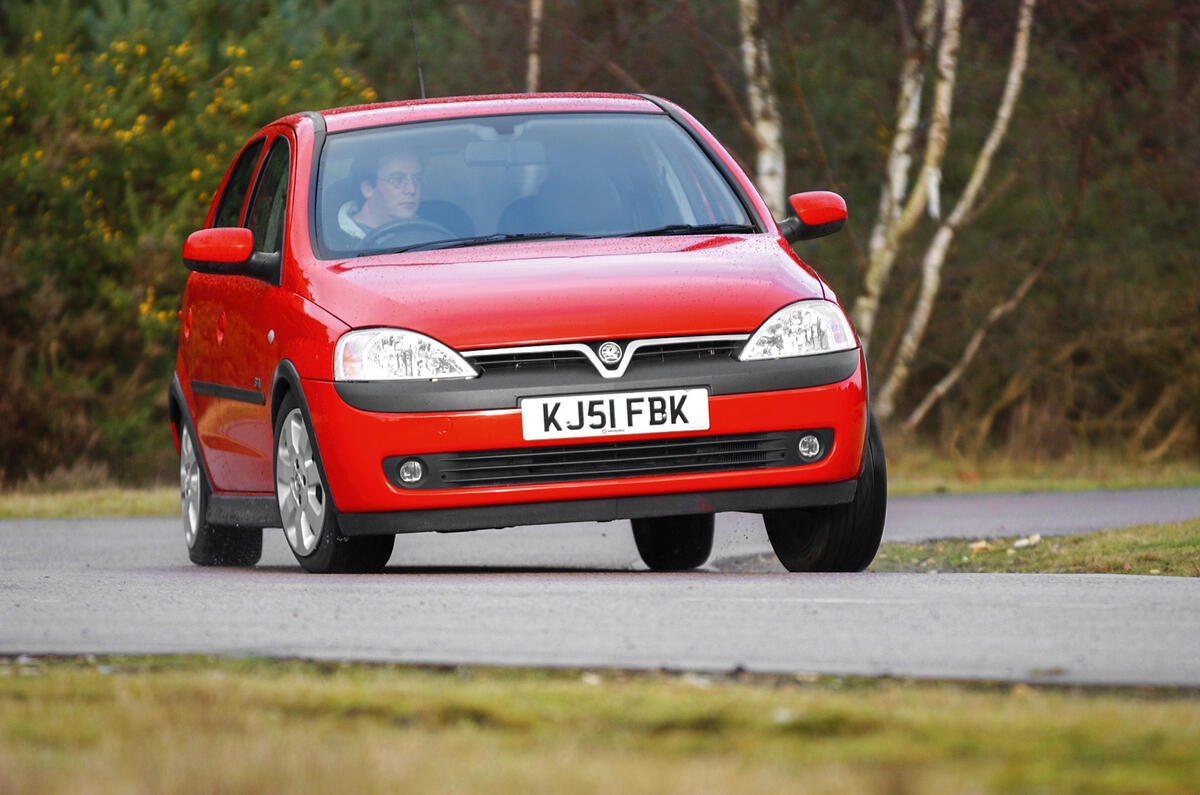
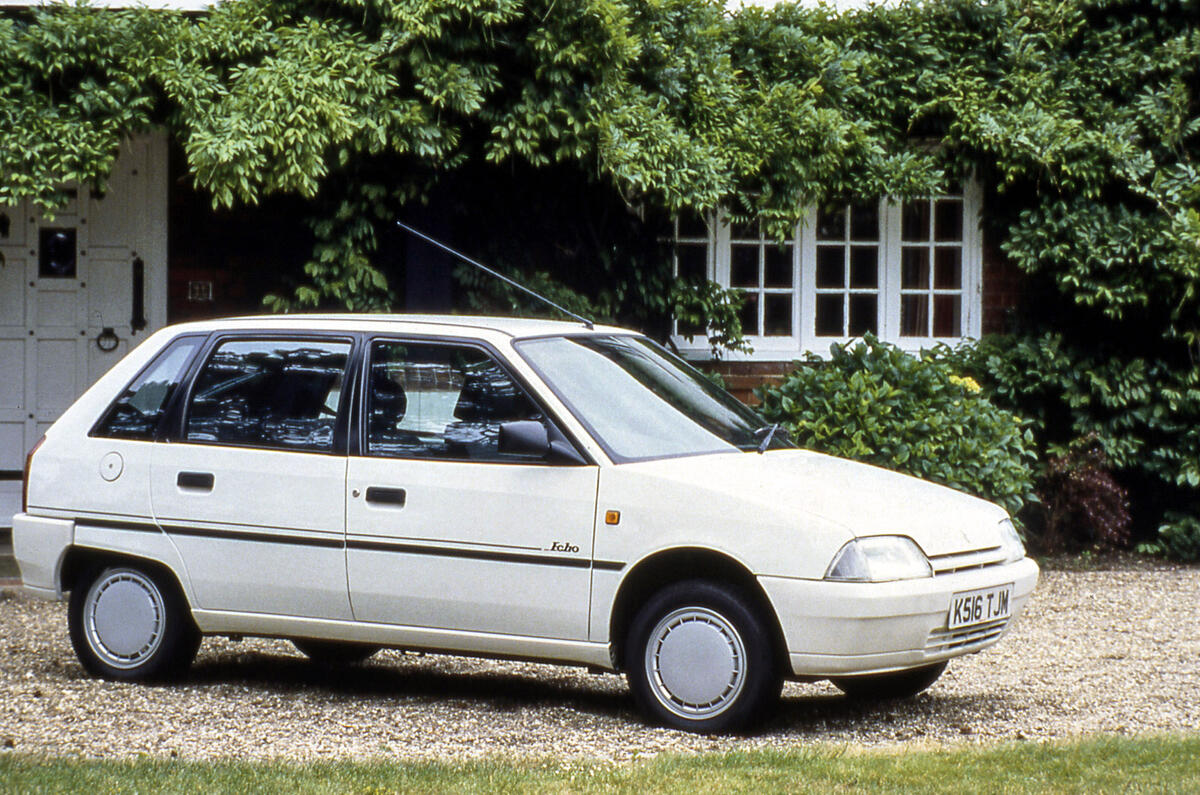
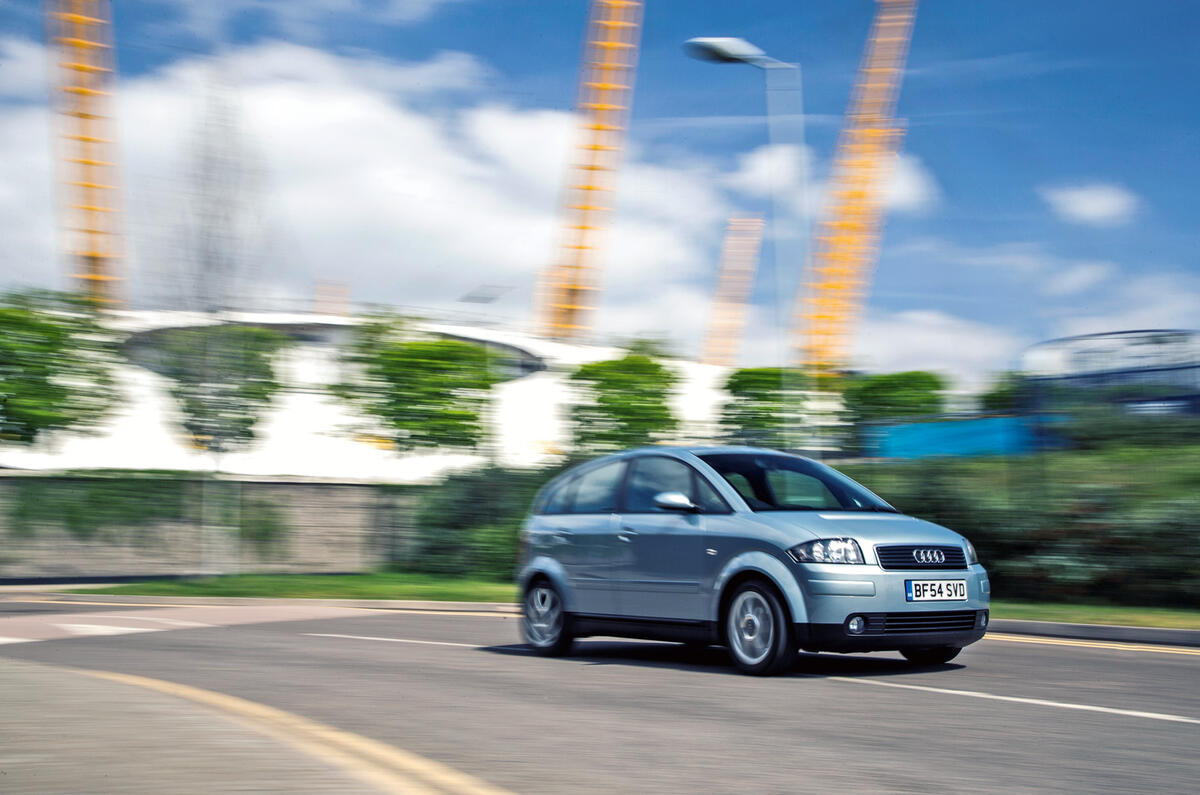
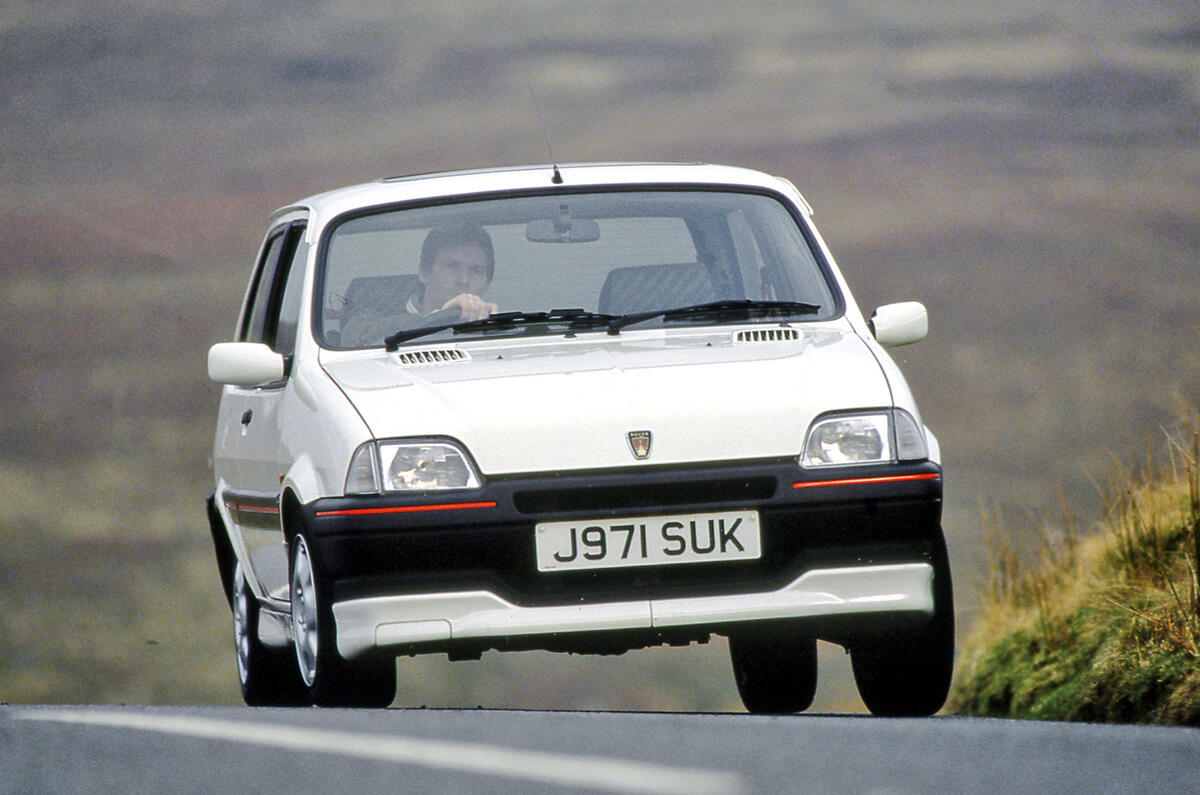
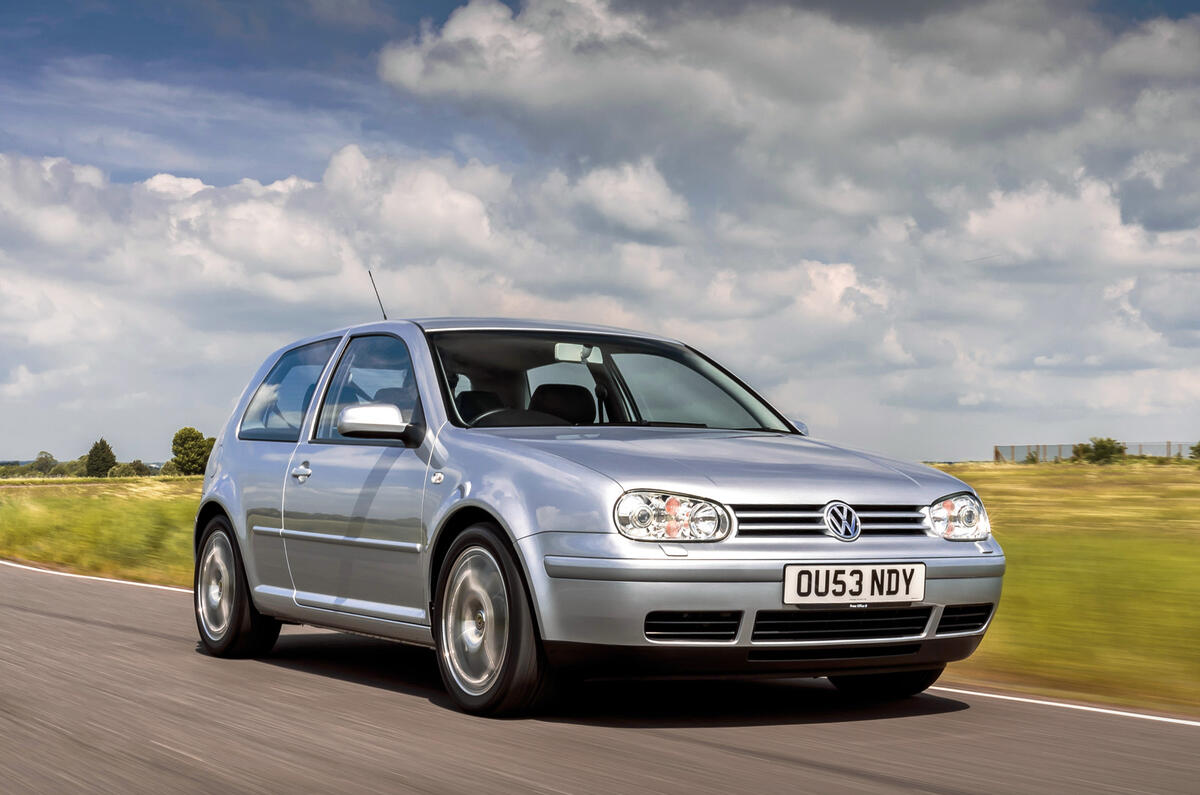
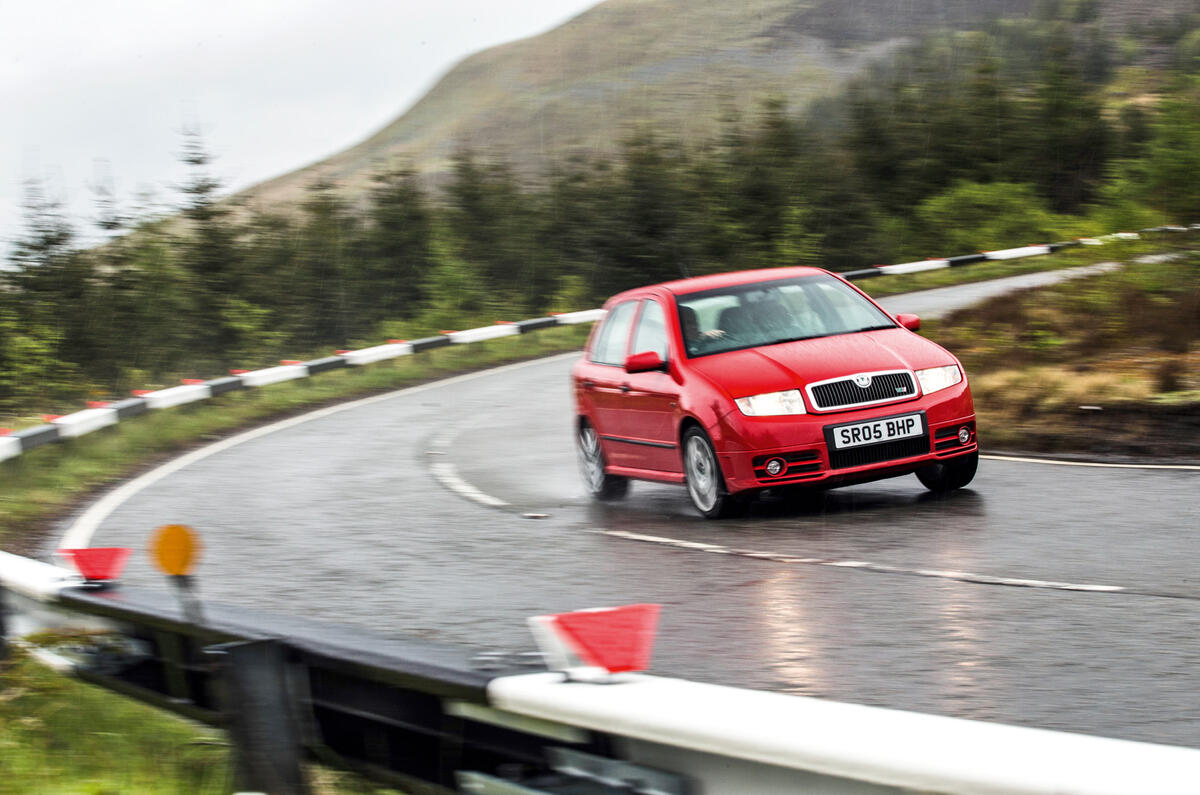
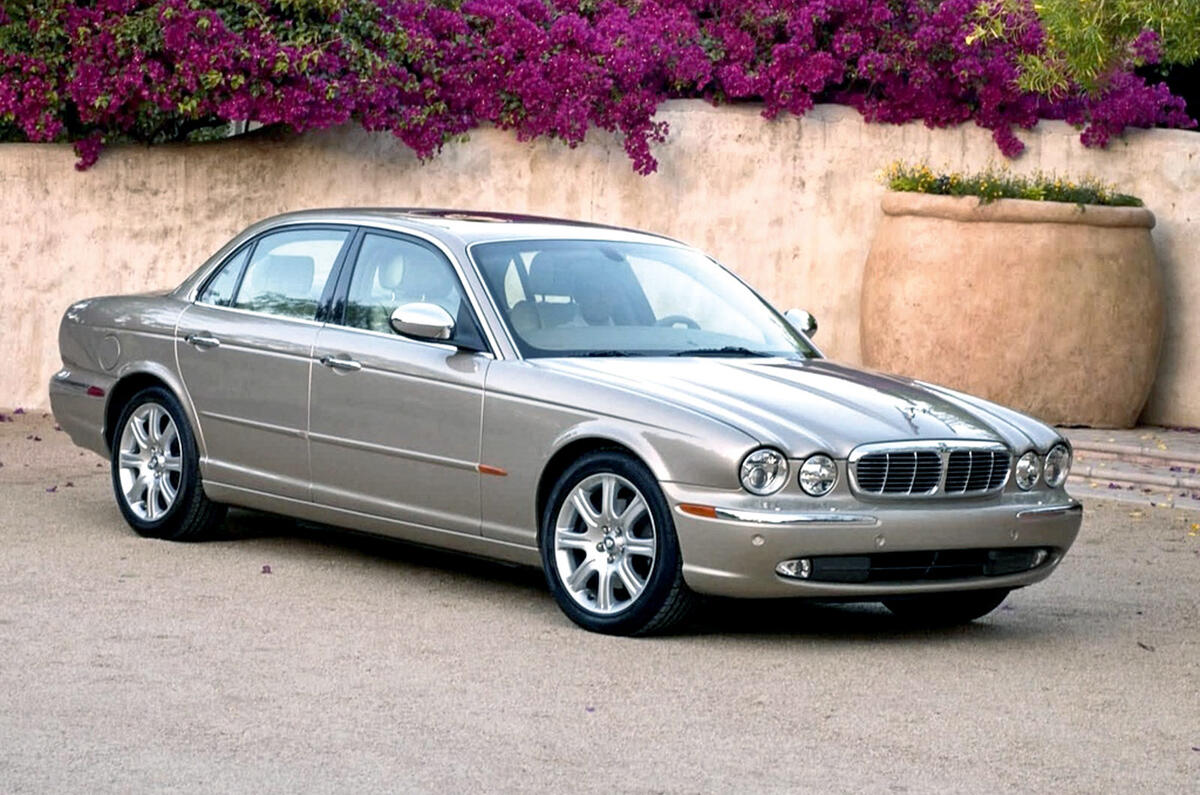
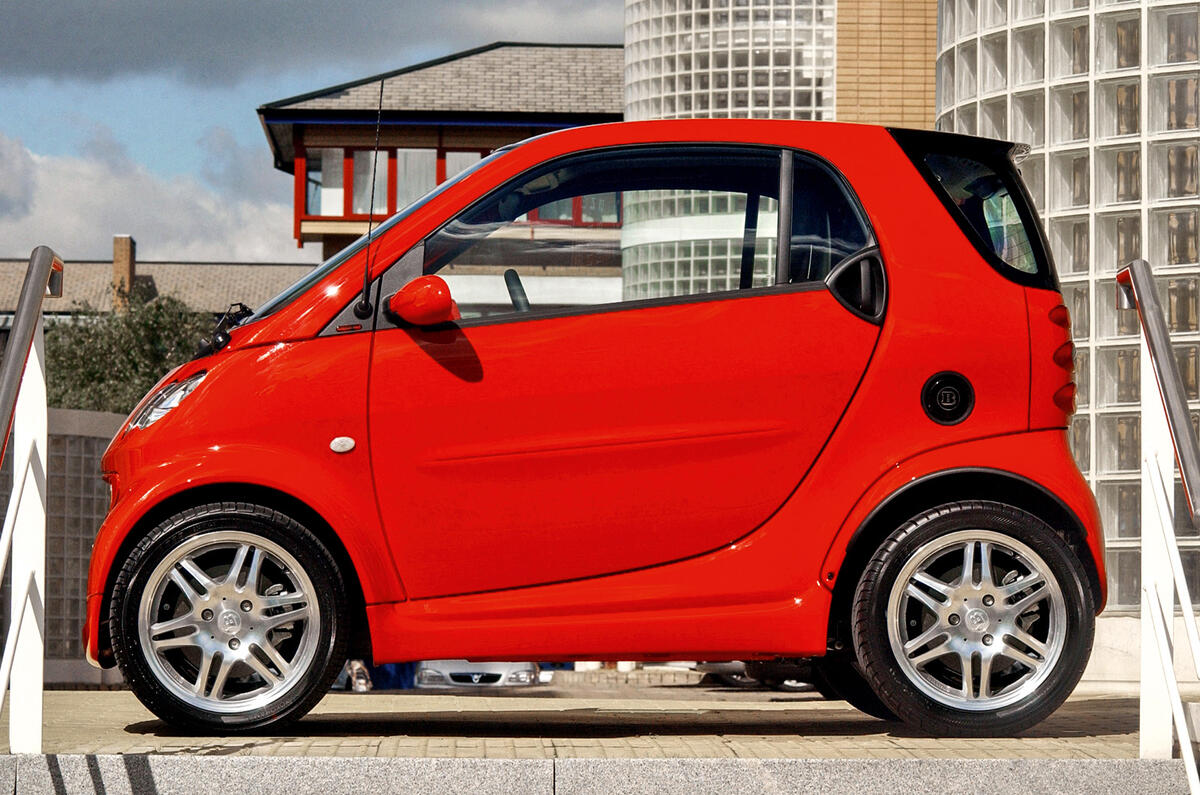

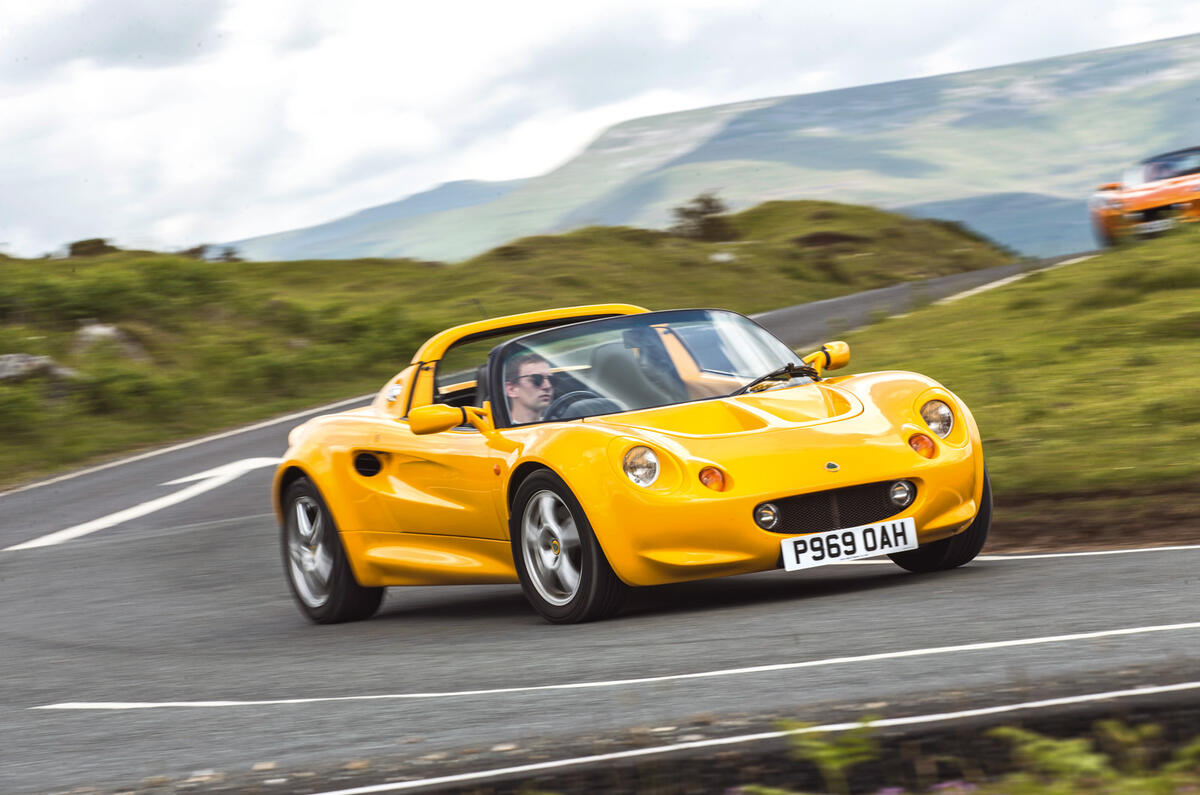


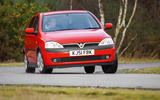
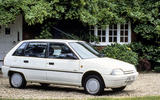




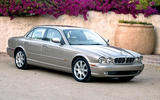
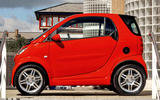



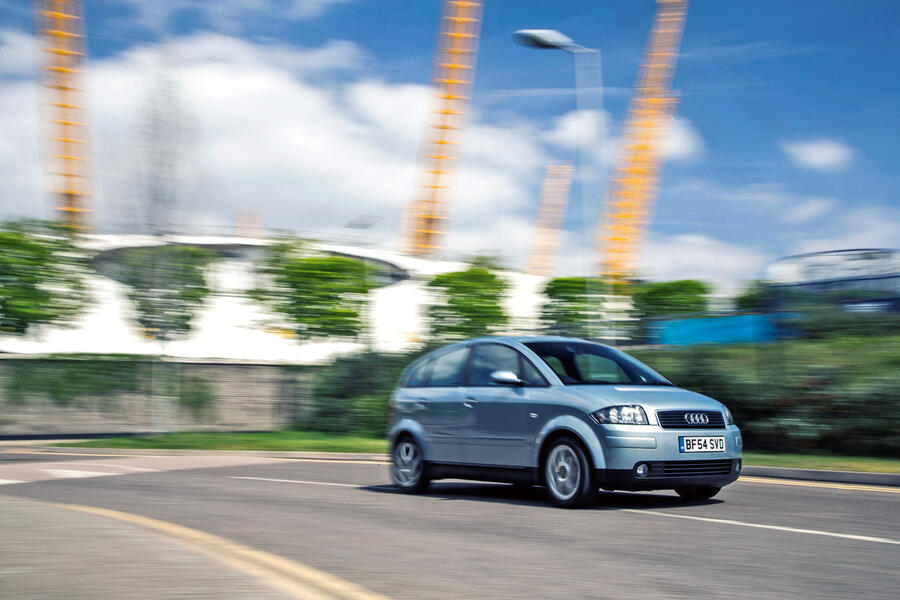
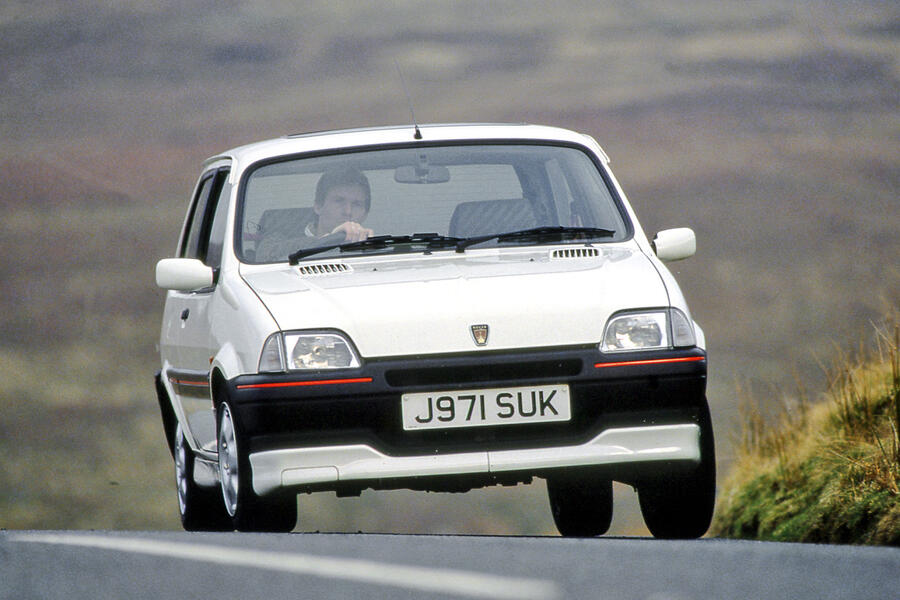
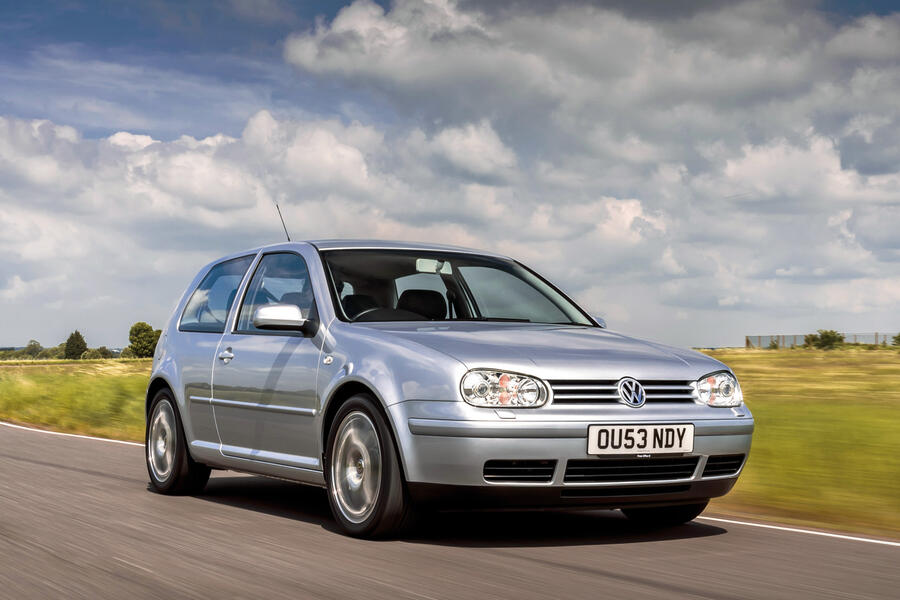
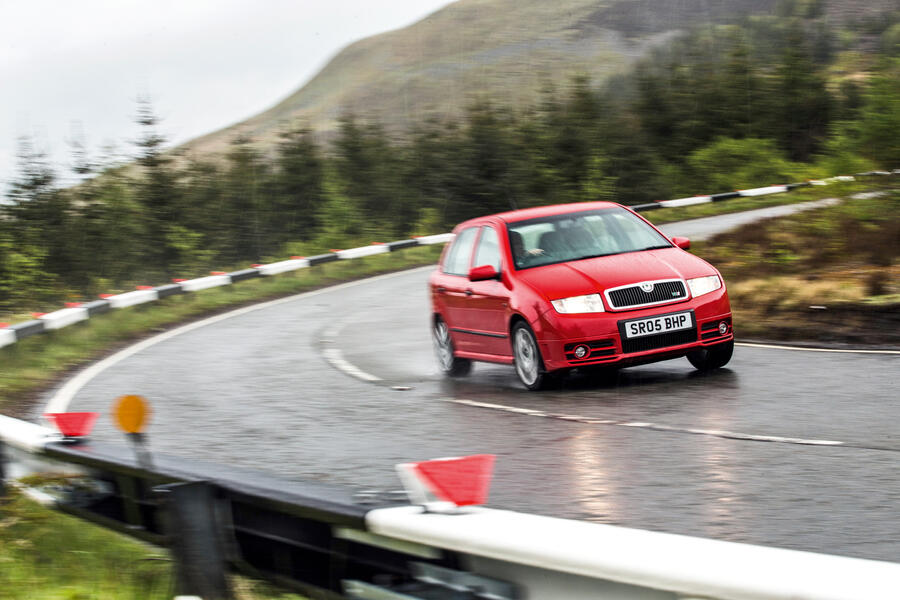
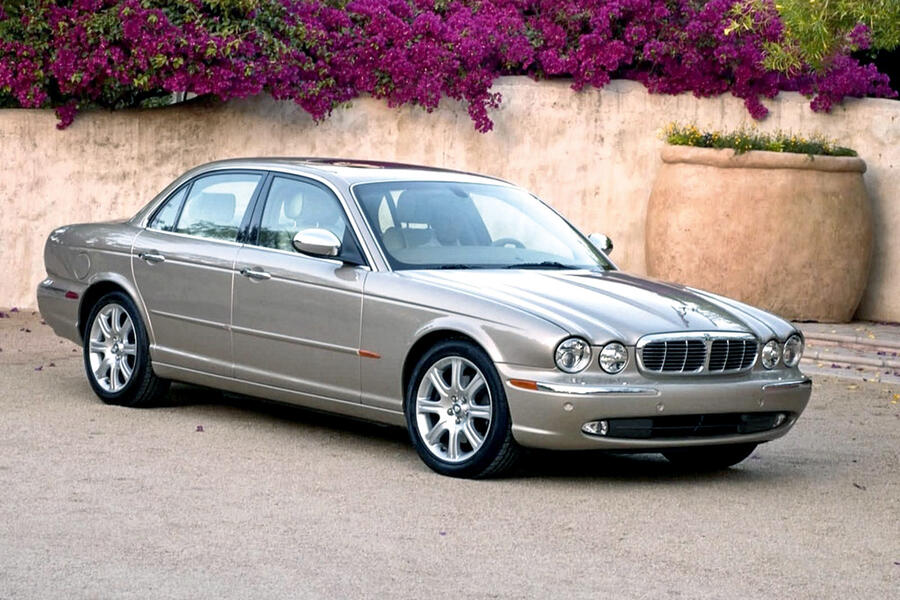
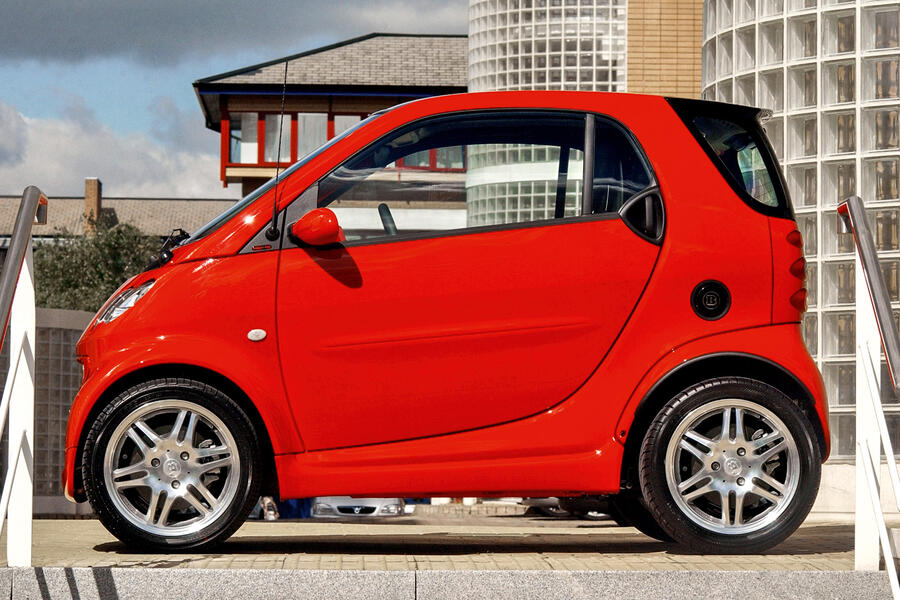

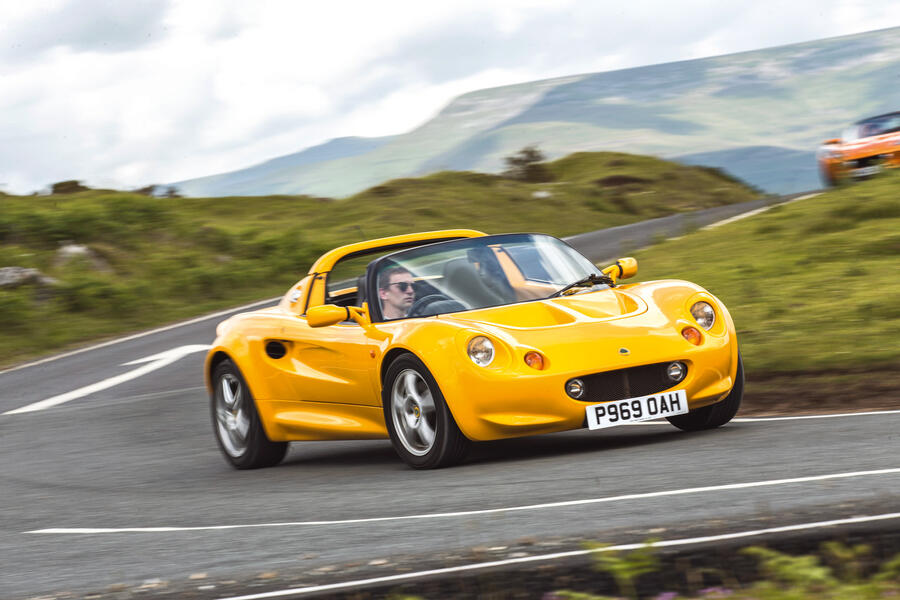

Join the debate
Add your comment
I would not wish one on my worst enemy.
And £27k on a Landrover ? Still you'd get the insurance back when it gets nicked I suppose.
If you want a hybrid that's reasonably fun to drive, the Honda CR-Z is a good option: compact body and manual gearbox, starting around £4k. Another cheap option is the Suzuki Swift hybrid, which starts a bit over £7k.
If driving fun isn't on your priority list, the obvious option under £10k is the relentlessly reliable and practical Toyota Prius, but you can also find Auris and Yaris hybrids, and the Lexus CT200h is a much more refined drive (quieter engine, cushier seats). Or go Honda with the Jazz, Civic or the non-cool iteration of the Insight.
If it doesn't need to be electrified and you want something that's okay to drive, very economical, <£10k and not diesel, other options are the Fiat 500/Panda Twinair (£2.5k+), Ford Fiesta 1.0T EcoBoost (£3k+), Nissan Micra 1.2 (£3.5k+), Renault Clio (£5k+), Peugeot 208 1.2 (£6.2k+) and Audi A1 TFSI 1.0 (£8k+). Those are all pretty small, so for something bigger, other petrol options include the Skoda Fabia (£6k+), Peugeot 2008 (£7k+), Seat Leon (£8k+) and Audi A3 (£8.5k+).
The choice of EVs under £10k is currently still really bad, they each have major problems. Your options are the Mitsubishi i-Miev and its Citroen/Peugeot clones, which are very small, slow and particularly low range (DC rapid charging was added in 2014 - just AC beforehand), Nissan Leaf (not a bad car, but a terrible battery design means the Leaf powertrain ages much faster than other EVs; this improved a bit with new cells in 2013 and with the later higher-capacity packs), and Renault Zoe (no DC rapid charging, can be specced with 43kW AC but few stations cater to that. Most early cars also have leased batteries, so there's an ongoing monthly cost. If you stretch to the new model, it fixes the range and charging issues but has an abysmal safety rating). None of them can regularly break 100 miles on a charge. But if you really are an eco warrior above everything else then these are still worth a look: the average emissions from their power sources in the UK are equivalent to a petrol running at over 190mpg. And you can save *a lot* of money if you can put up with them.
The >100-mile Leaf starts around £11k, but still has the longevity issue. If you can stretch to £13k, you can start finding EVs with no major caveats except sub-100-mile range, such as the BMW i3, Kia Soul and Volkswagen e-Golf. More recent variants can double that range figure, but are closer to the £20k mark. For 200+ miles, other than the latest Zoe, the starting price is £28k for a Hyundai Kona or Kia Niro.
However things are a bit better for plug-in hybrids: the Mitsubishi Outlander and Toyota Prius PHEV both squeeze in under the £10k mark. Might grab a Vauxhall Ampera around £10k if you can find one, which is a great car.
But in general, as you imply, any smaller engined supermini or city car will prove economical and the older, whilst still modern for lower emissions, the better.